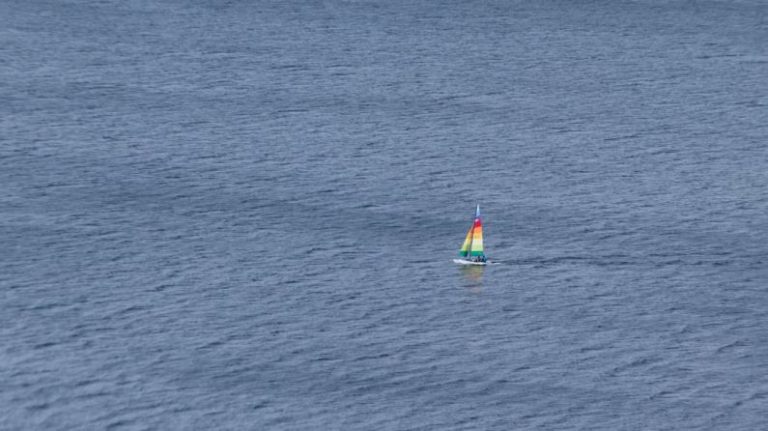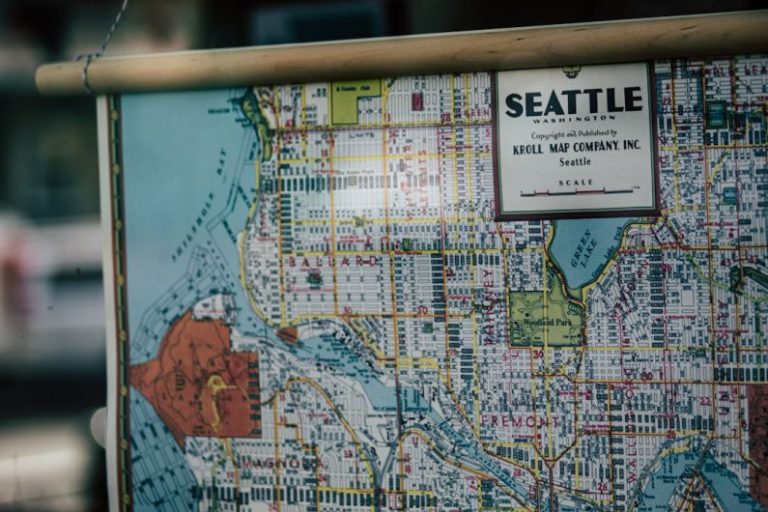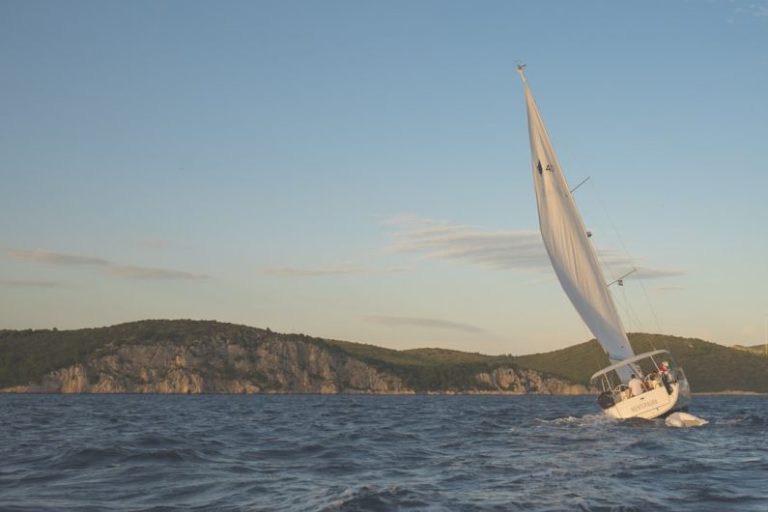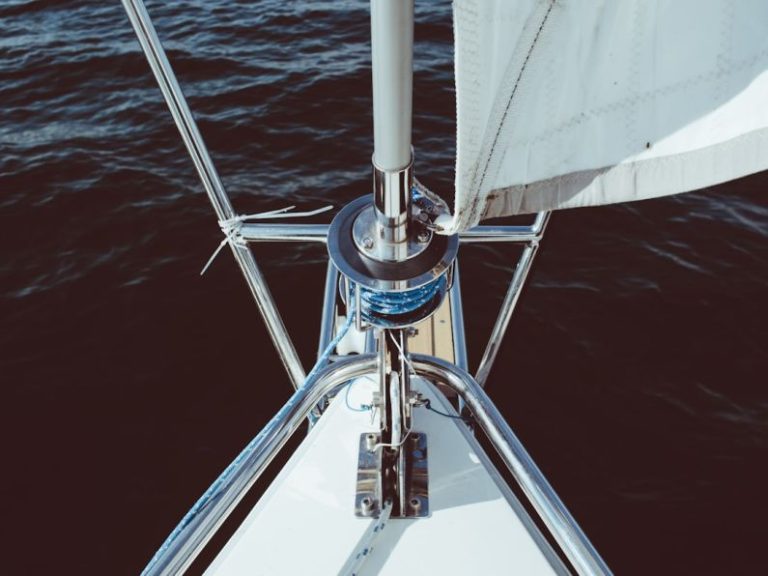Pirates of Today: Modern Challenges at Sea
The image of pirates has long been romanticized in popular culture, with their swashbuckling adventures and treasure hunts depicted in countless books and movies. However, the reality of modern piracy is far from glamorous. In recent years, piracy has become a serious threat to maritime security, posing challenges to global trade and the safety of seafarers. Today, pirates operate with sophisticated weaponry and technology, making them a formidable force on the high seas.
The Evolution of Modern Piracy
Piracy has been a longstanding issue throughout history, but the tactics and methods employed by modern pirates have evolved significantly. Gone are the days of wooden ships and cutlasses; today’s pirates are equipped with automatic weapons, GPS systems, and high-speed boats that allow them to strike quickly and disappear into the vast expanse of the ocean. These modern tools have made it increasingly difficult for authorities to track and apprehend pirate groups, leading to a rise in piracy incidents in key maritime hotspots around the world.
Hotspots of Piracy
One of the most notorious hotspots for modern piracy is the Gulf of Guinea, off the coast of West Africa. This region has seen a surge in pirate attacks in recent years, with criminal groups targeting oil tankers, cargo ships, and fishing vessels. The pirates in this region are known for their violent tactics, often resorting to kidnapping and ransom demands to fund their operations. The lack of effective law enforcement and governance in many West African countries has only exacerbated the problem, allowing pirate groups to operate with relative impunity.
Another major hotspot for piracy is the waters off the coast of Somalia, in the Horn of Africa. Somali pirates have gained international notoriety for their brazen attacks on commercial shipping vessels, leading to a significant increase in security measures in the region. The presence of international naval task forces has helped to deter pirate activity to some extent, but the underlying issues of poverty and instability in Somalia continue to fuel piracy in the region.
Challenges for Maritime Security
Modern piracy poses a range of challenges for maritime security, impacting not only the safety of seafarers but also global trade and economic stability. Pirate attacks can result in significant financial losses for shipping companies, as well as disruptions to the flow of goods and resources around the world. In addition, the psychological toll on crews who have been targeted by pirates can be immense, leading to long-term mental health issues and trauma.
Efforts to Combat Piracy
In response to the growing threat of modern piracy, international efforts have been made to combat pirate activity and improve maritime security. The United Nations Security Council has passed resolutions calling on member states to take action against piracy, and regional cooperation agreements have been established to coordinate anti-piracy efforts in key hotspot regions. Naval task forces from countries such as the United States, European Union, and China have also been deployed to patrol high-risk areas and protect shipping routes.
However, despite these efforts, piracy continues to be a persistent problem that requires ongoing vigilance and cooperation among nations. The root causes of piracy, such as poverty, political instability, and lack of effective governance, must be addressed in order to effectively combat pirate groups and ensure the safety of seafarers and the security of global trade routes.
In conclusion, modern piracy presents a complex and multifaceted challenge that requires a coordinated and sustained response from the international community. By addressing the root causes of piracy, improving maritime security measures, and enhancing cooperation among nations, we can work towards reducing the threat of piracy and safeguarding the freedom of navigation on the world’s oceans.






